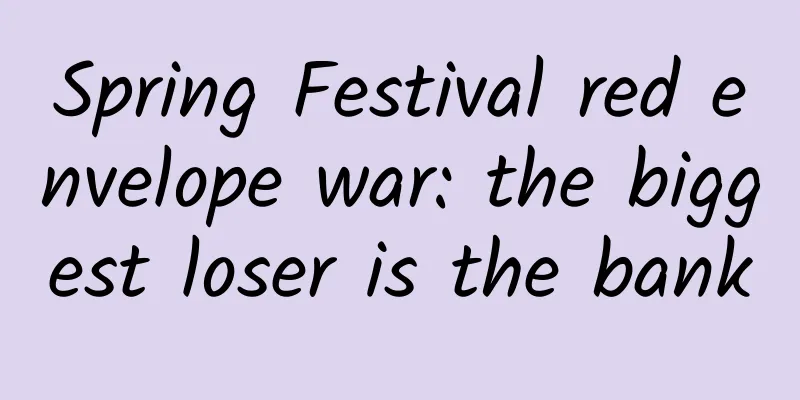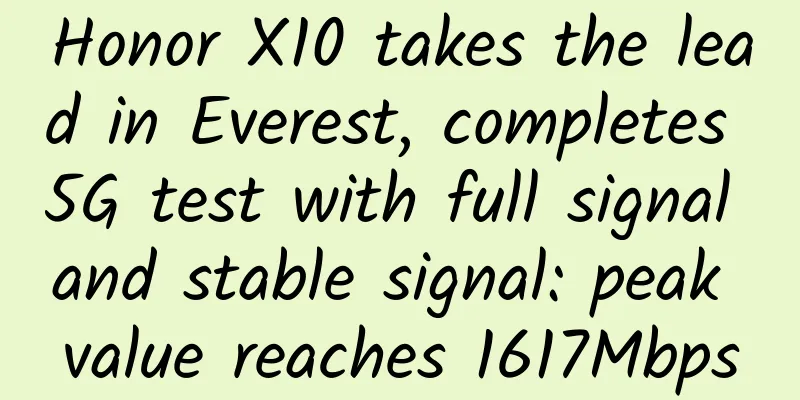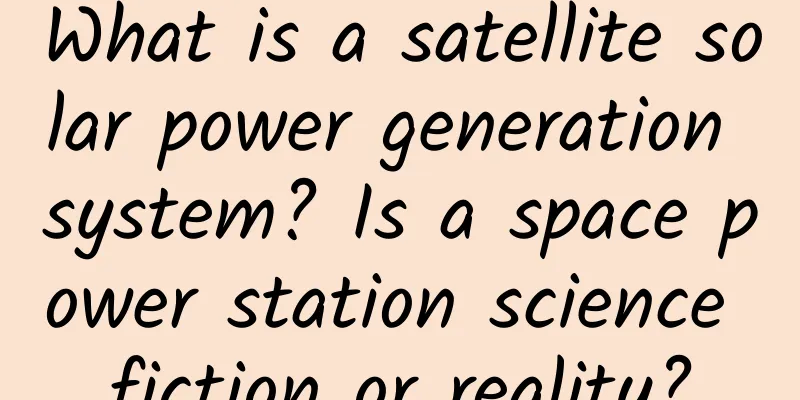Spring Festival red envelope war: the biggest loser is the bank

|
There is no doubt that Alibaba and Tencent are both winners in the Spring Festival red envelope war. By distributing free red envelopes, more mobile Internet users have been exposed to and experienced mobile payment, which is a very good education for mobile payment users. However, the biggest loser in the Spring Festival red envelope war is the bank. Although theoretically, many mobile payment users who have linked their bank cards will not use mobile payment for transactions for the time being, it has created opportunities for them to make transactions. I have seen some netizens say that WeChat Pay links their bank cards just to receive red envelopes and will never use it. In fact, after hundreds of millions of users have opened mobile payment, they will still consider using it when they encounter mobile payment scenarios, and this is a subtle process. With a huge user base, a certain proportion of user usage is a large market. After the Spring Festival, I went to a supermarket to shop. When I was checking out, a woman in her 40s in front of me saw a promotional page on the checkout counter that said "WeChat payment and Alipay payment can be used" and said in surprise, "Look! The supermarket also allows mobile payment!" So the impact of this red envelope war was unprecedented. It had a great stimulus on many people who were not mobile payment users, and made them slowly begin to recognize and accept this new thing. Similarly, I only received 2 New Year's greetings during the Spring Festival in 2015, but 80% of the New Year's greetings during the Spring Festival in 2014 were sent by SMS. It took only one year for SMS to be replaced by WeChat, and users quickly accepted and learned how to use it. Therefore, once more offline mobile payment scenarios emerge, mobile payment will inevitably quickly replace some other payment methods. I seldom carry cash when I go out now, and it is inconvenient to swipe a card. When I take a taxi, go shopping, or eat, I always ask if I can pay with my mobile phone. At present, offline merchants that support mobile payment are not common enough. I believe that both Alipay and WeChat are carrying out crazy promotion activities to attract merchants to open mobile payment. Not only can payment be made via mobile phone, but merchants can also obtain services provided by mobile payment companies, such as card coupons and automatic public account follow-up, which is also marketing support that banks cannot provide. The trend of mobile payment is irresistible, and the opportunities are equal for Alipay and WeChat. Merchants will definitely display two mobile payment tools for customers to choose. WeChat has a larger user base. Once the number of users who have activated WeChat Pay reaches a certain proportion, it will have a very strong substitute effect on Alipay, because people will open WeChat from time to time and spend more time on WeChat, which they are more accustomed to than opening Alipay. This is Jack Ma's biggest concern. Of course, WeChat's online payment scenarios cannot compete with Alipay. After all, Alipay has been developed for several years and has its own e-commerce platform. It has become a payment tool for many online trading platforms, on par with online banking payments (water, electricity, gas bills, train tickets, and other e-commerce platforms). This is something that WeChat Pay will find difficult to surpass in the short term. Alipay and WeChat Pay have become the two leaders in the field of mobile payment, while the "Quick Pay NFC" launched by banks has been slow to act. As banks are monopoly institutions, their existing achievements have become a burden for them to open up new markets. It is difficult for an elephant to dance. Moreover, NFC payment has just unified the standards, and many users have not replaced their bank cards with chips. It is impossible to educate users to use "Quick Pay" like Internet companies can educate hundreds of millions of users overnight, so banks are the biggest losers in the 2015 Spring Festival red envelope war. Another battlefield for Alipay and WeChat Pay is private banks. They have invested in and established private banks (Zhejiang MyBank and WeBank), which can provide various businesses such as savings and loans. By leveraging their own massive user base and advanced Internet tools, they will once again have a huge impact on traditional banks. In January 2015, the government inspected WeBank and encouraged private banks to stimulate traditional banks through innovation and improve the overall efficiency of banks. In addition, many Internet companies have also obtained online credit licenses. The rise of online finance such as online financial management, P2P, and crowdfunding will have an impact on the main business of bank credit, and the intensity of its impact will gradually become apparent. The closure of some small local banks is imminent. Finally, I want to say that under the general trend of the integration of the Internet and traditional industries, none of us can look at the integration with the same old way of thinking, and we must not underestimate the lethality of this change. This change may eventually lead to the redistribution of wealth in the entire society, and produce a series of chain reactions like dominoes. |
<<: WeChat red envelopes have only a tiny relationship with payment
>>: Exclusive reveal of the prequel to WeChat red envelopes
Recommend
How much does it cost to develop a cake shop WeChat applet? WeChat Mini Program Development Price
How much does it cost to develop a cake shop WeCh...
Yuting 2021 clothing live broadcast operation implementation course
The course comes from Yuting’s 2021 clothing live...
Last night, their story went viral!
Last night (3rd) "2021 China Moved People&qu...
Baidu direct e-commerce product selection and marketing practical skills!
This article contains: 1) Overview of the direct-...
Great Wall Motors: In November 2023, Great Wall Motors sold 122,849 vehicles, a year-on-year increase of 40.3%
Great Wall Motors announced its group sales in No...
App promotion: How to do user retention analysis? Make these two points clear!
There are two things you need to clarify before d...
How did the interesting and touching "Dialogue between Heaven and Earth" come about? Find out in this article!
Recently, NASA revealed that astronauts participa...
31 Lessons on Introverted Children: The Best Way to Raise Them: Dare to Express, Be Creative, and Be Confident
Do you often worry about having an introverted ch...
6 big family happy events in the IT industry in 2015
A few days ago, there was a rumor in the IT circl...
There are three common misunderstandings when buying a mobile phone. The master advises you to know it earlier.
Don't we have a reliable way to buy a satisfa...
How should Chinese brands show their attitude after the emergence of GoPro and Tesla in the United States?
Everyone has his or her own dream and the desire ...
What are the pitfalls of Internet finance CPS?
“Is there any CPS channel that doesn’t fake traff...
Eight new features! Quick review of WeChat 8.0.9 for Android
[[413904]] Previously, the iOS version of WeChat ...
Xiaopeng G3 520i Smart Edition Review: The "Nokia" of the Automotive Industry Shake Up
Compared with century-old car companies, Xpeng Mo...
Qingyang: Basic course on dragon taming tactics, small capital snowball trading model
Qingyang: Basic Course on Dragon Taming Tactics, S...









